- Teacher: Admin User
Peers Moodle
Available courses
This is part of the 2021 Peers+blended learning course.
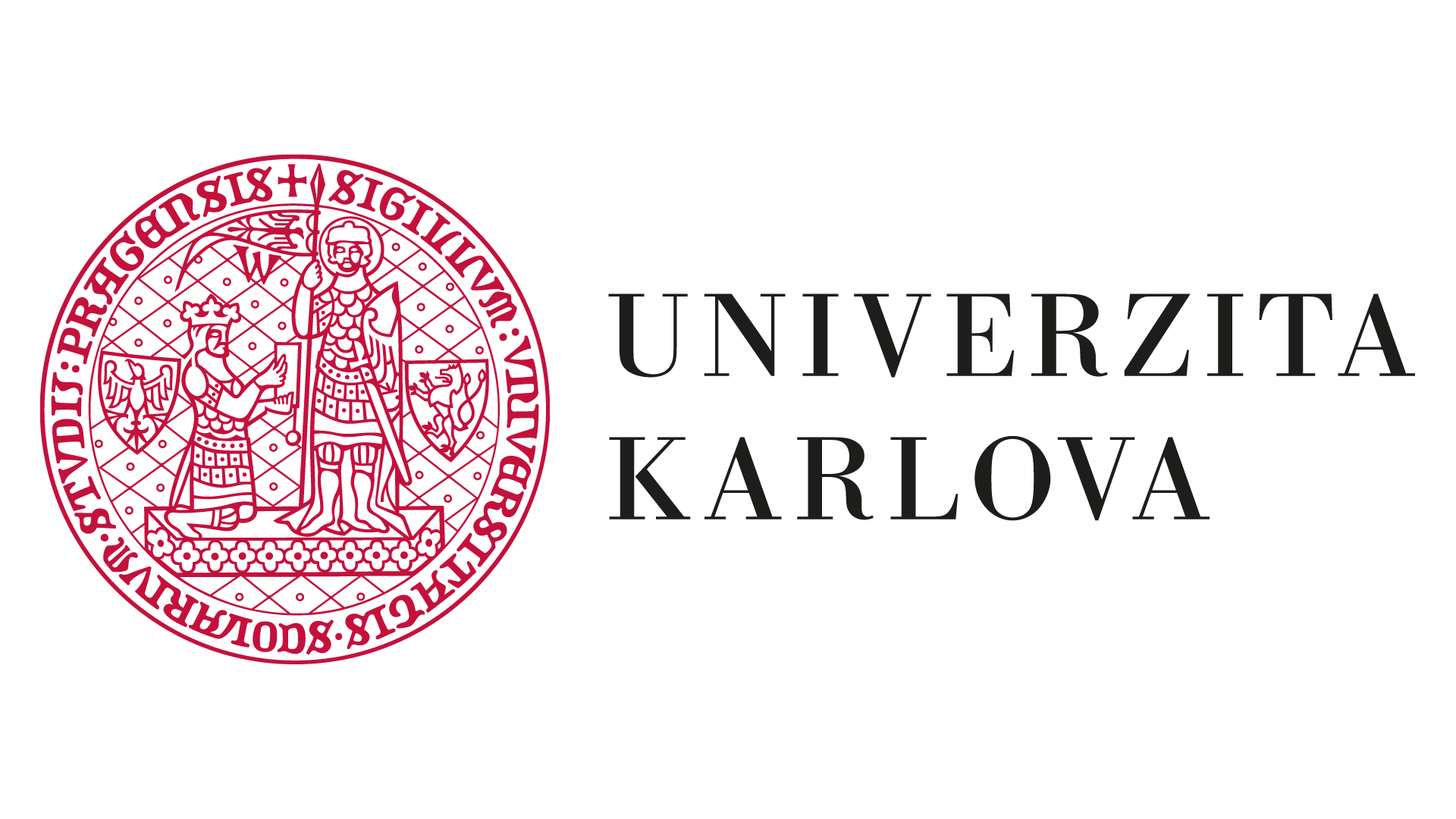
![]()
![]()
![]()
Introduction:
A significant number of women who give birth vaginally will sustain some form of trauma to their pelvic floor. Hence it is essential that clinicians involved in maternity care are fully aware of best practices for their assessment and management to mitigate the risk of complications at the short and long term. The type of injury sustained can be spontaneous or cut surgically as in case of an episiotomy. It can be external (e.g. perineal trauma) or internal (e.g. levator avulsion) or it can range from a minor laceration to a more complex tear involving the anal sphincters with or without the anal canal. It is reported that up to 85% of women sustain a degree of obvious perineal trauma during vaginal birth and around 70% of these women will require a surgical repair of such trauma. Therefore, it is imperative that obstetricians and midwives exhaust every effort to properly assess the perineum after any vaginal birth and ensure that competent clinicians manage the identified.
The use of evidence based suturing materials and techniques have been shown to be associated with significantly better clinical and women reported outcomes. However these methods and materials are not consistently used despite recommendations and clinical guidelines resulting in high variability within and between maternity units globally. In view of the frequency of such injuries, the negative consequences of missed or incorrectly classified trauma on the woman and the lifetime burden of such problems, quality improvement interventions to enhance the implementation of evidence into practice can have a significant positive impact on women’s health. This course will aim to utilise the existing PEERS platform and training modules to deliver integrated evidence-based interactive and practical multi-professional training in the prevention, identification and management of birth-related pelvic floor injuries.
Opportunity:
4EU+ alliance is a seamless infrastructure, bringing together six institutions that share the vision of creating a new quality of cooperation in teaching, education, research and administration https://4eualliance.eu/4EU-1.html.
The idea of the course has been conceived out of actual need to improve childbirth-related outcomes for women at the short and longer term within Europe and globally. The course curriculum is generated based on 3 generic domains:
Society-centred: Aimed at highlighting the social and physical impact of the problem on women and their families.
Student-centred: Adopting the adult learning ethos of self-paced, self-directed integrated learning.
Knowledge-centred: Informed by core competencies and quality assured by objective assessments.
This blended learning course is devised with the intention to be delivered through the 4EU+ alliance framework. The 4EU+ Alliance is focusing on Boosting Meaningful Mobility. In line with the recent report by the European Commission on European Transnational Collaborative Partnerships in Higher Education, this can be best achieved by integrating curricula which will act as a driver for meaningful mobility and by making available homogenous mobility pathways for staff and students catering for different needs and preferences. Moreover, the alliance is committed to redressing inequalities in university capabilities to gain international visibility and fully develop their potential in education and innovation. We believe that our venture overcomes the above challenges by ensuring that representatives from all partner organizations are involved in approving a unified integrated course curriculum and that there is equity between all stakeholders in the development and delivery of the course material. The summer schools could be run from any of the partners’ institutions to facilitate mobility and accommodate student needs and preferences.
Another key challenge for the alliance is to develop a common challenge-based framework for education where the designed flexible learning paths ensure graduates have 21st-century skills that combine research-based education and a strong global and European outlook. Our course is designed based on state of the art and yet efficient competency-based pedagogy that encourages critical thinking. The program structure for our course will be fixed allowing students to complete part of the course at different times and possible different organizations if it fits with their working patters or indeed to enable networking and mobility.
The Team:
PEERS was established in 2011 as a standalone non-profit group of professionals with the aim to undertake collaborative research and training in the field of childbirth-related perineal trauma. PEERS have grown from strength to strength where we have collaborated together on several publications and, to date, have been involved in running 26 practical training workshops in 18 countries in 5 continents. The group comprises of a multi-professional interdisciplinary team of clinical academics from different countries (currently all in Europe) who have a shared interest in the field of prevention and management of childbirth-related perineal trauma. Our group believes that structured training is key to facilitate the implementation of evidence into practice. Each member of our team have a vast and varied experience in delivering practical training in our area of interest in different settings and healthcare services. Each member has been involved in validating different aspects of the training modules we deliver. Currently there are 7 core PEERS members:
Khaled Ismail – Czech Republic
Vladimir Kalis – Czech Republic
Katariina Laine – Norway
Jan Willem de Leeuw – Netherlands
Renaud de Tayrac – France
Sari Räisänen – Finland
Margarita Manresa – Spain
However, for the purpose of this course and to integrate it with the 4EU+ platform we extended this core membership to involve representatives from each of the partner universities. Each member will act as the organiser for the PEERS+ within their own organization and can also participate as a speaker in the running of the summer school in other organizations. We already have agreement for potential collaboration from:
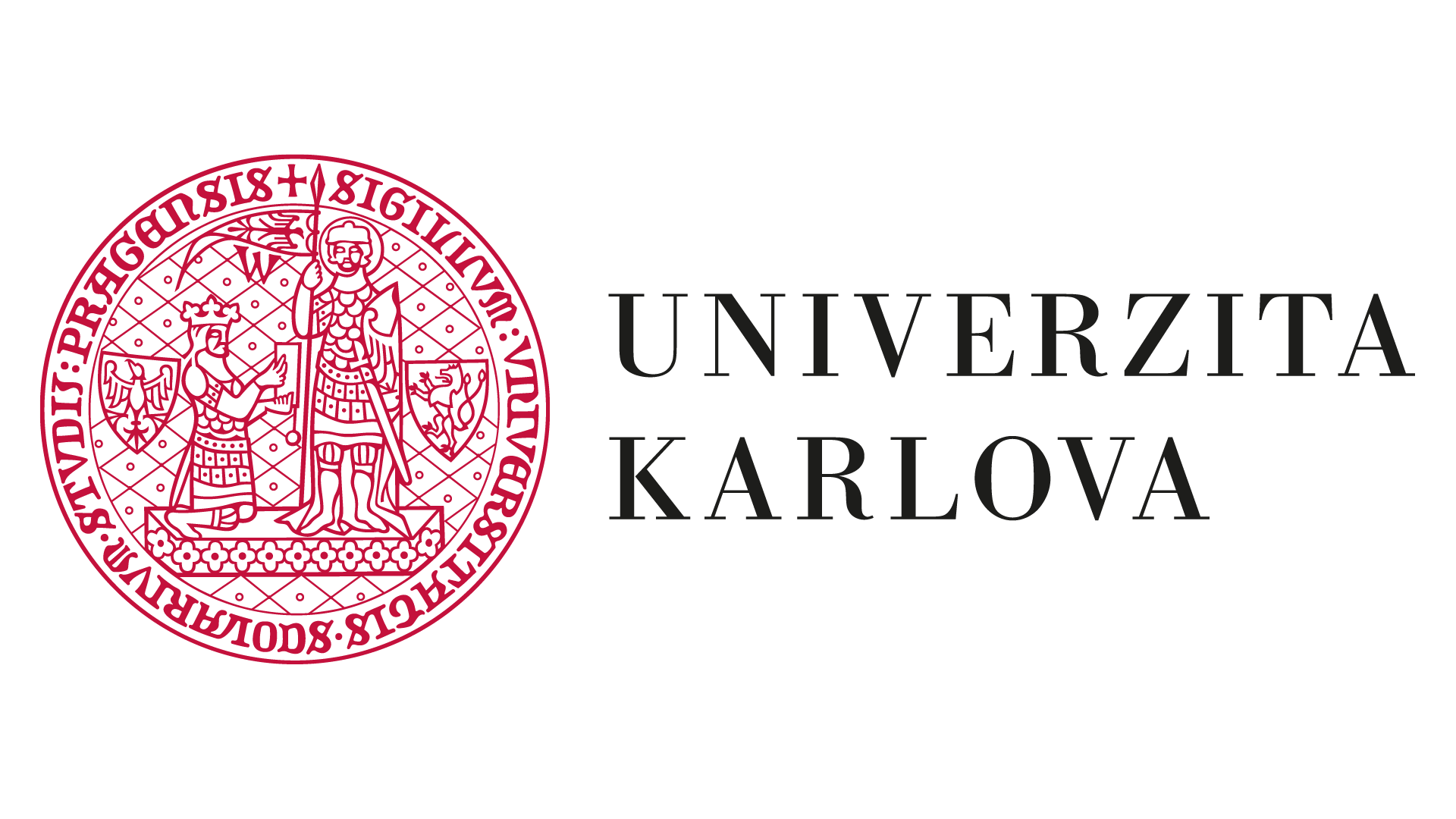 Charles University
Charles University
- Professor Khaled Ismail (CU) Khaled.ismail@lfp.cuni.cz
- Professor Vladimir Kališ (CU) KALISV@fnplzen.cz
 Sorbonne University
Sorbonne University
- Philippe Gauthier (SU) philippe.gauthier@sorbonne-universite.fr
- Dr Marie-Aude Vitrani (SU) marie-aude.vitrani@sorbonne-universite.fr
- Dr. Geoffroy CANLORBE MD (SU) geoffroy.canlorbe@aphp.fr
- Professor Vanda Luengo (learning analytics) (SU) vanda.luengo@sorbonne-universite.fr
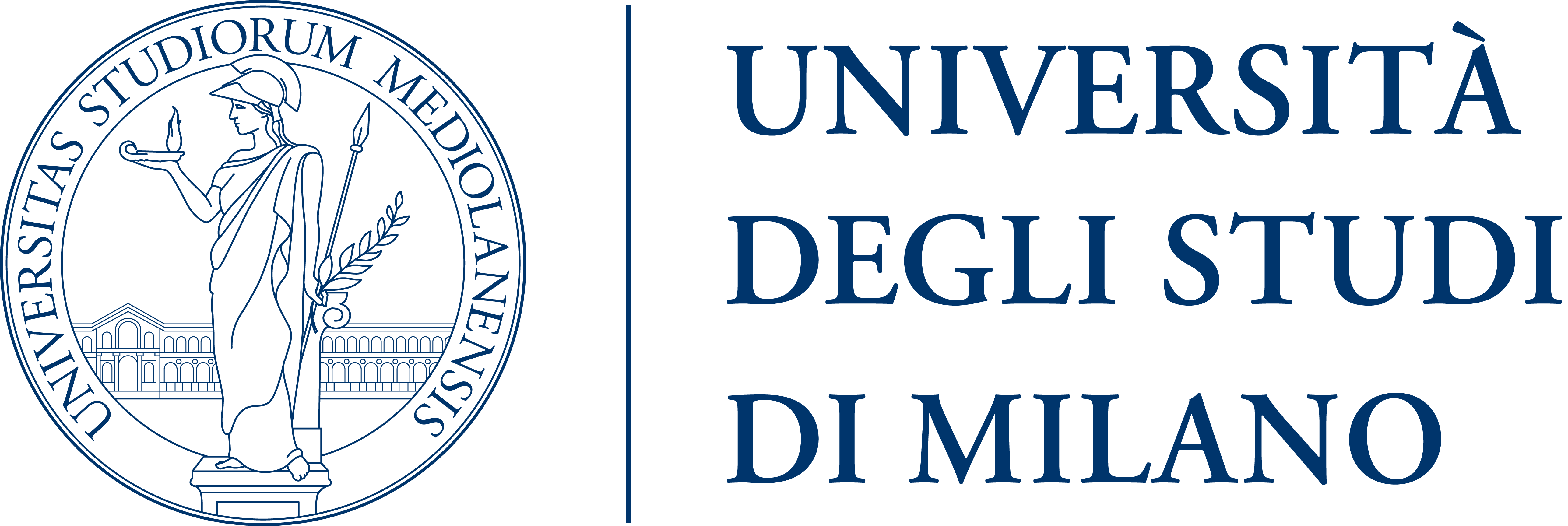 University of Milan
University of Milan
- Professor Enrico Ferrazzi (UM) enrico.ferrazzi@unimi.it
- Associate Professor Fabio Acocella (UM) acocella@unimi.it
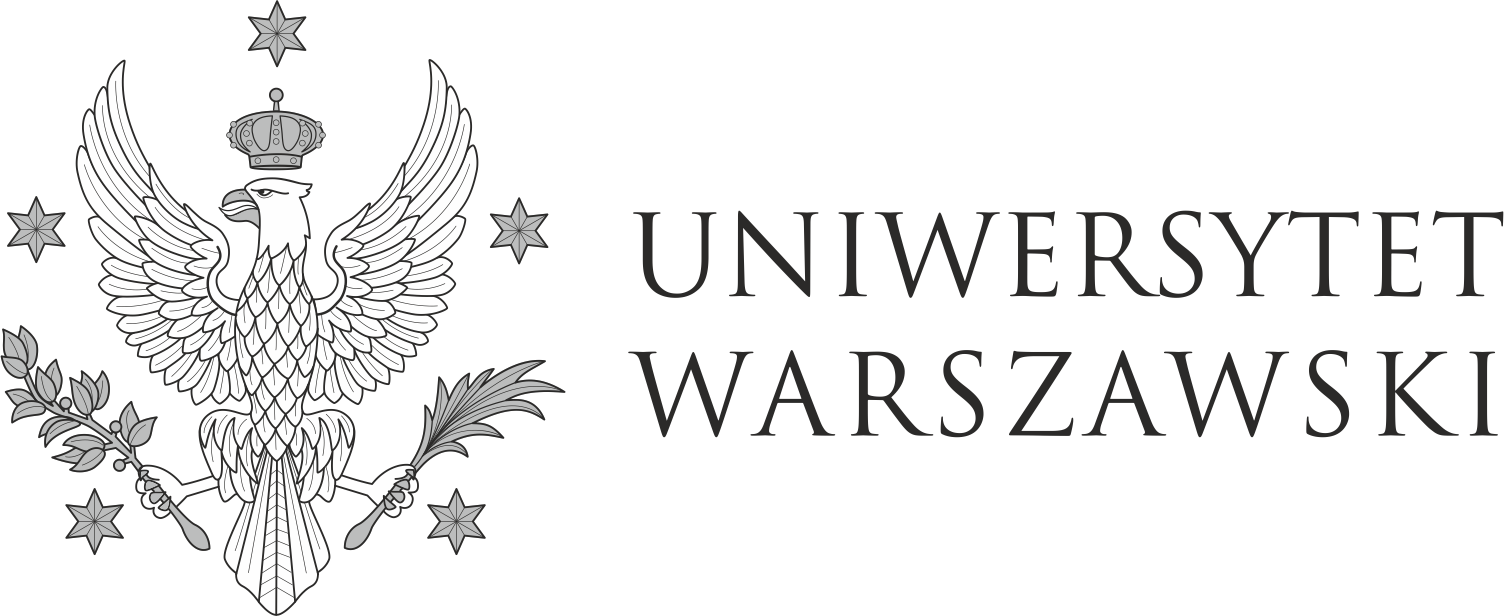 Warsaw University:
Warsaw University:
- Dr Agnieszka Burnos (UW) alaskowska@psych.uw.edu.pl
- Professor Włodzimierz Baranowski (Medical partner with UW) wbaranowski@yahoo.com
We are also collaborating with additional international experts in the field:
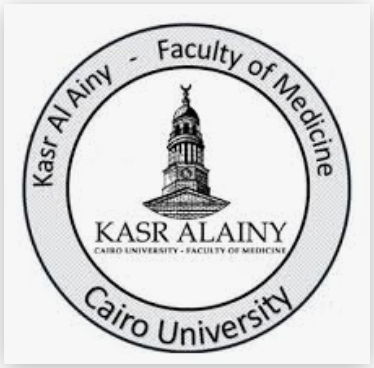 Cairo University:
Cairo University:
- Professor Rasha Kamel (ISUOG ambassador for the Middle East & North Africa) rasha.kamel@kasralainy.edu.eg
- Teacher: Khaled Ismail
- Teacher: Admin User